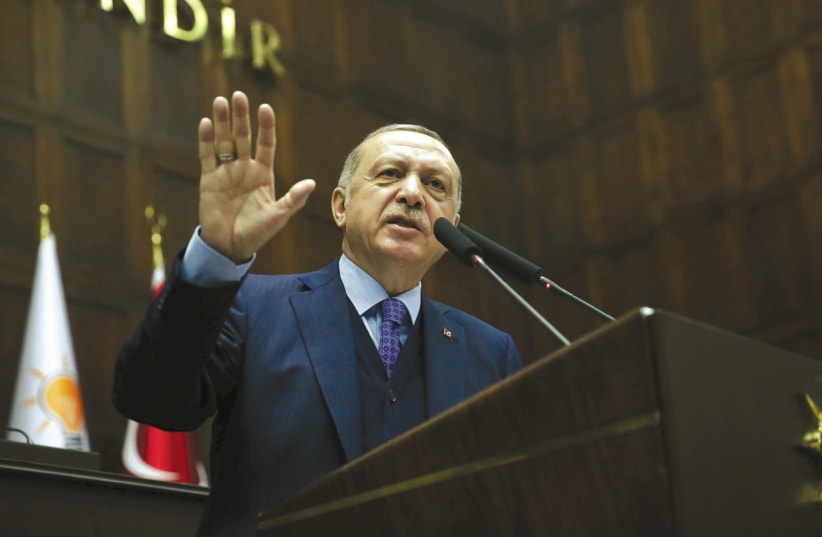Turkish parties jockey for position ahead of snap election at end of June
The ruling Justice and Development Party and the Nationalist Movement Party called the election on April 20 as President Recep Tayyip Erdogan seeks to extend his term and consolidate his power.
